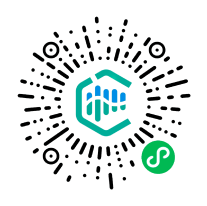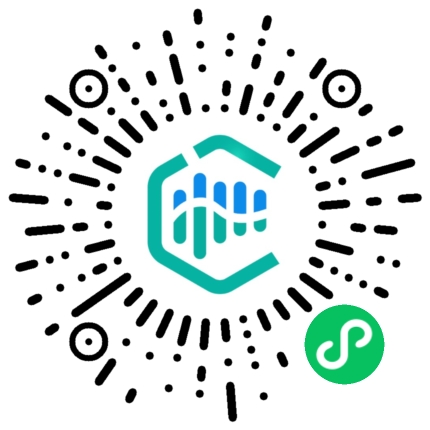

18983288589(微信同号)

18983288589(微信同号)

18908392210(微信同号)

18980413049




ChiCTR-TRC-12002623
尚未开始
/
/
/
2012-10-26
/
/
Mental health
HealthyLiving – an Internet-based mental health program
Internet-based mindfulness programme for the promotion of public mental health: Randomised controlled trial
Mindfuliving, a mindfulness program The program teaches participants to cultivate mindfulness (paying attention nonjudgmentally to the present moment) by using various exercises that are adapted from the Mindfulness-based Stress Reduction Program (MBSR), and Mindfulness-based Cognitive Therapy (MBCT) for 8 weeks; comparative treatments: Wiseliving, a psychoeducation program The program focuses on enhancing mental health literacy through the provision of basic facts and information about mental health. Contents of this program are based on MacDonald and O’Hara’s ‘10 elements of mental health promotion and demotion’, which is adopted by the UK and Victorian government as a reference for formulating mental health policies. The primary outcomes: Well-being: The WHO 5-item Well-Being Index (WBI) will be used to measure overall psychological well-being at pre-test, each week before browsing the program, post-test and 3-month follow-up. Besides, the following aspects will be assessed at pre-test, post-test and 3-month follow-up. Mental health: Participants will complete the 18-item Mental Health Inventory (MHI) to assess their mental health. Domains of mental health measured include anxiety, depression, behavioural control and positive affect. Life satisfaction: Life satisfaction will be assessed by the 5-item Satisfaction with Life Scale (LS). Pain: Average level of pain will be measured by the Visual Analogue Scale-Pain (VAS-P). Participants are asked to rate their average daily pain on a line from 0 (no pain) to 100 (very severe pain). Energy: Average level of energy will be measured by VAS-Energy (VAS-E). Participants are asked to rate their average daily energy level on a 100mm long line from 0 (no energy) to 100 (a lot of energy). Sleep: The 4-item sleep disturbance subscale of the Medical Outcomes Study Sleep Measure (MOS-Sleep) will be used to assess how well participants sleep without tapping into other sleep-related medical conditions. The secondary outcomes: Mindfulness: The shortened 20-item version of Five Facets Mindfulness Questionnaire (FFMQ) is administered in the study to examine the changes in the mindfulness. It will be measured at pre-test, week 3, week 5, week 7 of the program, post-test and 3-month follow-up. General self-efficacy: The 10-item General Self-efficacy Scale (GSES) will be used to measure participants’ perceived self-efficacy to cope with stressful situations or problems. It will be measured at pre-test, week 3, week 5, week 7 of the program. Users’ expected creditability of the program: At pre-test, the participants will be asked to complete the 6-item Credibility/Expectancy Questionnaire (CEQ), which aims to examine if expectancies or perception of treatment credibility are related to outcomes. Users’ satisfaction: The 8-item Client Satisfaction Questionnaire (CSQ) will be used to measure participants’ attitude towards and satisfaction with the internet-based interventions at post-test.
随机平行对照
Ⅳ期
Random
/
Health and Health Services Research Fund, Food and Health Bureau, HKSAR Government
/
63
/
2014-12-01
2014-03-01
/
(1) At least 18 of age; (2) Read and understand Chinese; (3) Computer literate; (4) Have consistent access to the internet.;
登录查看(1) Severe to extremely severe depression or anxiety scores on the DASS-21 based on the cut-off scores recommended by the DASS21; (2) Scoring 1-3 on items 16, 21 or 28 of Mental Health Inventory (MHI-38) indicating possible suicidal ideation; (3) Currently receiving professional mental health services; (4) Currently taking psychotropic medication.;
登录查看Prof. Winnie Wing Sze MAK, Department of Psychology, The Chinese University of Hong Kong
/
医麦创新药2025-04-22
药筛2025-04-22
药研网2025-04-22
上海宝济药业股份有限公司2025-04-22
抗体圈2025-04-22
抗体圈2025-04-22
贵州卡尔细胞生物2025-04-22
甘李药业2025-04-22
INNOVEC2025-04-22
医药观澜2025-04-22